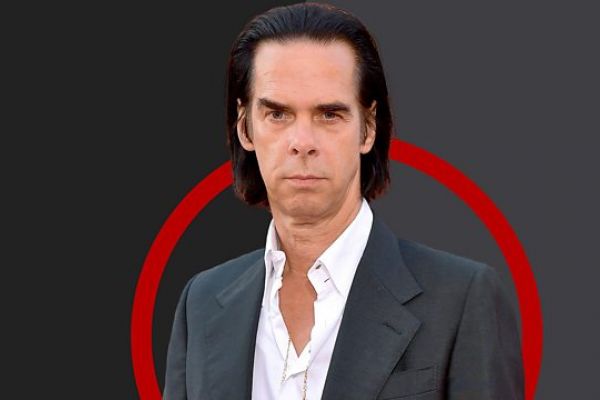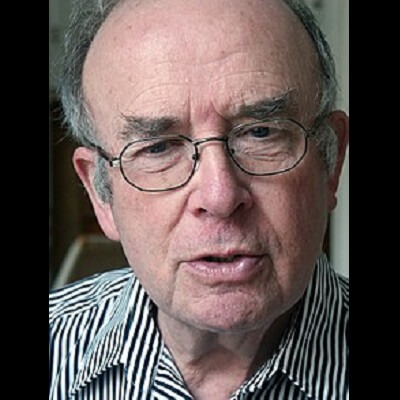Nick Cave has posted a scathing assessment of an artificial intelligence system that sought to produce a song “in the style of Nick Cave”. The frontman of The Bad Seeds responded after a fan gave him songs produced by ChatGPT, a chatbot that can be programmed to mimic other people’s styles.
With lyrics like “I am the sinner, I am the saint,” it took a credible swipe at Cave’s gloomy religious imagery.
But the singer termed the results “a disgusting farce” and “a disgrace”.
“In this case, ChatGPT is replication as a travesty,” Cave wrote in his newsletter The Red Hand Files.
“It could potentially in time develop a song that is, on the surface, indistinguishable from an original, but it will always be a reproduction, a type of burlesque.
“Songs arise out of suffering, by which I mean they are predicated upon the intricate, internal human battle of creation and, well, as far as I know, algorithms don’t feel. Data is not harmed.
“ChatGPT has no inner being, it has gone nowhere, it has endured nothing, it has not had the boldness to push beyond its constraints, and hence it lacks the capacity for a shared transcendent experience because it has no limitations to transcend.”
‘The apocalypse is approaching.’
Since ChatGPT’s release in November, “dozens” of fans, “most buzzing with a kind of algorithmic wonder,” have submitted him music generated by it.
He, on the other hand, did not share their enthusiasm.
“I understand that ChatGPT is in its infancy but perhaps that is the developing horror of AI – that it will forever be in its infancy, since it will always have further to go, and the trend is always ahead, always faster.
“It can never be rolled back, or slowed down, as it propels us toward a utopian future, maybe, or our total destruction. Who can say which is which? But, based on this song “in the style of Nick Cave,” it doesn’t look promising.
“The apocalypse is almost here. This song is terrible.”
“It may sound like I’m taking all of this a bit too personally, but I’m a songwriter who is involved, at this very moment, in the act of songwriting,” Cave, who is presently creating a new album with the Bad Seeds, added.
“It’s a blood and guts business here at my desk, requiring something of me to launch a new and fresh concept. It necessitates my humanity.”
hatGPT was developed last year and is trained on massive quantities of data to make predictions on how to string words together meaningfully.
It has been used by students to create essays, programmers to construct websites, and Ryan Reynolds to script an advertisement for his mobile phone network.
However, the software – and others like it – have prompted concerns about ethics and intellectual property.
ChatGPT’s training data set comprises millions of books, webpages, forum messages, and Wikipedia articles, some of which may contain sections of Nick Cave’s copyrighted work.
However, unless they exactly copy protected lyrics or musical portions, songs and lyrics “composed in the style of” another artist have no legal protection.
“Well, if an algorithm is just fed Beyoncé songs and the result is a piece of music, it’s a robot,” Meredith Rose, policy counsel at Public Knowledge, told The Verge last year.
“It couldn’t possibly have brought anything to this, and there’s nothing original there.”
Last year, artist Jason M Allen won an art prize for a piece he made using Mid journey, an artificial intelligence system that generates graphics from basic word inputs.
“This thing wants our jobs, it’s aggressively anti-artist,” tweeted RJ Palmer, a California-based movie and game concept artist, in a tweet that received over 25,000 likes.
In later writings, he emphasized how well AI systems’ output might replicate living artists. In one case, the AI even attempted to replicate artists’ signatures.
“Culturally, it just doesn’t seem to be going away,” technologist Andy Baio told the US business magazine Fast Company recently.
“It might just be something people have to live with. The only way to defend this would be in court, and artists lack such resources.”
However, he noted, it is plausible that a company like Disney might sue AI startups and force them to reveal the content on which their program was trained, forcing them to keep their data private.
Whatever happens, Nick Cave is adamant that artificial intelligence can never match the sheer humanity of his own work.
He did, however, identify one lyric from the AI-generated song that resonated with him.
“‘I’ve got the fire of hell in my eyes,’ declares the song in the style of Nick Cave,” he wrote.
“I’ve got hellfire in my eyes, and it’s ChatGPT.”
Also Read: Juan Williams Of Fox News Quits The Five! 43 Years Married Life



